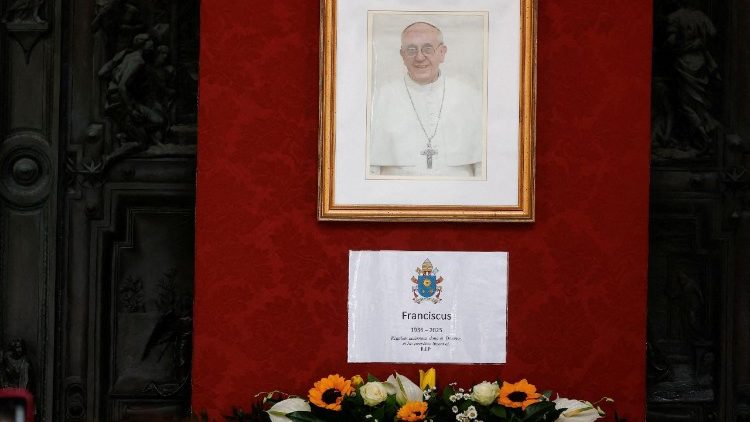Keys to the encounter with faith in the educational community
Discovering the Personal Relationship with Christ in the School Environment

Series of 3 tips to facilitate the encounter with faith. In this first chapter it is explained that Christianity is a personal relationship with Christ. There is, therefore, a Christian story and existentialism. Faith begins with the encounter with the person of Jesus Christ. The civilization built in the Middle Ages on faith has disappeared: it is what is called “Christianity.” But “Christianity” has been purified, and is proposed again for all men as a personal encounter with Christ.
Within the framework of an encounter with faith in an educational community, numerous reflections arise on how to facilitate and deepen this experience. Below, I share some suggestions that, although they do not claim to be the magic solution, can help cultivate an environment conducive to the transmission of faith.
- Faith as a Personal Relationship: The first key is to understand that Christianity is based on a personal relationship with Christ. This relationship is not reduced to the simple transmission of doctrines or teachings, but invites us to live an experience of encounter. This approach focuses on life and love, recognizing that faith is a path to a deeper connection with God. Religious education must facilitate spaces where individuals can experience the presence of God, thus transforming faith into something experiential and tangible.
- The Personal Encounter: The second crucial aspect is that the path to being a Christian begins with a personal encounter with Christ. This encounter can manifest itself in various ways, whether through prayer, participation in sacraments, or community experience. It is essential that both educators and parents help young people to seek and recognize Christ in their lives. This process is not based on a series of rules or commandments, but on the experience of a relationship that invites love and trust.
- Transmission Through Connection: Finally, the transmission of faith should not be limited to academic teaching or moral correction. It is rather about creating a space where hearts can connect. The experience of faith is shared in the community, where bonds are strengthened and an atmosphere of support and love is fostered. This is achieved when each member of the community, whether in the family, parish or school, feels valued and listened to, contributing to a climate of trust that allows faith to flourish.
The transmission of faith in an educational community is a significant challenge, especially in a world that presents growing skepticism. However, by remembering that faith is a living and personal relationship, and by facilitating authentic encounters with Christ, we can help young people find a deep meaning in their lives. In this journey, the community plays an essential role, acting as a support where each individual can grow and strengthen their relationship with God.
Thus, when considering these keys, it is essential that each of us assumes the responsibility of creating an environment where faith can be lived and transmitted authentically, without falling into the trap of metanarratives that simplify or distort the message of Christianity.
Related

Current Status of the College of Cardinals
Exaudi Staff
23 April, 2025
14 min

The Challenges of the Next Pope and the Path of Grace
Javier Ferrer García
23 April, 2025
4 min

Pope Francis’ Spiritual Testament
Exaudi Staff
22 April, 2025
1 min

“You give us hope and remind us that God does not forget us” importa
Exaudi Staff
22 April, 2025
5 min
 (EN)
(EN)
 (ES)
(ES)
 (IT)
(IT)

